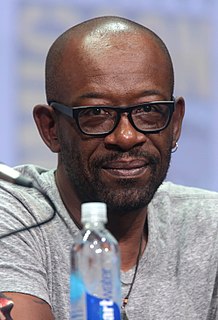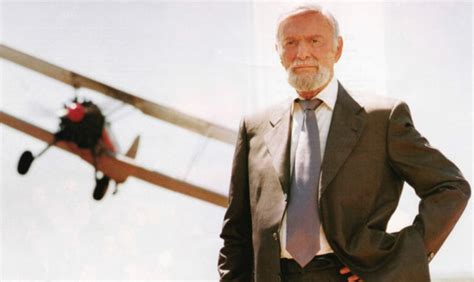A Quote by Harlan Ellison
Entertain, yes. That goes without saying. But a good writer does that automatically, it's built into the machine. Telling a thumpingly good, mesmerizing story is what one does without question. But beyond that, any writer worth his/her hire knows that all writing, one way or another, is subversive. It is guerrilla warfare against the status quo.
Related Quotes
If a writer of prose knows enough about what he is writing about he may omit things that he knows and the reader, if the writer is writing truly enough, will have a feeling of those things as strongly as though the writer had stated them. The dignity of movement of an iceberg is due to only one-eighth of it being above water. A writer who omits things because he does not know them only makes hollow places in his writing.
The writer walks out of his workroom in a daze. He wants a drink. He needs it. It happens to be a fact that nearly every writer of fiction in the world drinks more whisky than is good for him. He does it to give himself faith hope and courage. A person is a fool to become a writer. His only compensation is absolute freedom. He has no master except his own soul and that I am sure is why he does it.
The ‘experimental’ writer, then, is simply following the story’s commands to the best of his human ability. The writer is not the story, the story is the story. See? Sometimes this is very hard to accept and sometimes too easy. On the one hand, there’s the writer who can’t face his fate: that the telling of a story has nothing at all to do with him; on the other hand, there’s the one who faces it too well: that the telling of the story has nothing at all to do with him
You have to understand that people feel threatened by a writer. It's very curious. He knows something they don't know. He knows how to write, and that's a subtle, disturbing quality he has. Some directors without even knowing it, resent the writer in the same way Bob Hope might resent the fact he ain't funny without twelve guys writing the jokes. The director knows the script he is carrying around on the set every day was written by someone, and that's just not something that all directors easily digest.
But the writer who endures and keeps working will finally know that writing the book was something hard and glorious, for at the desk a writer must try to be free of prejudice, meanness of spirit, pettiness, and hatred; strive to be a better human being than the writer normally is, and to do this through concentration on a single word, and then another, and another. This is splendid work, as worthy and demanding as any, and the will and resilience to do it are good for the writer's soul.
A person with faith does not question its roots, for he knows that if he subjected it to the critical examination of his intellect, he would end up without faith. The same thing can be said of any feeling. You can analyze any feeling to death, but when you do that, you end up without feeling and without a meaninful life.





































